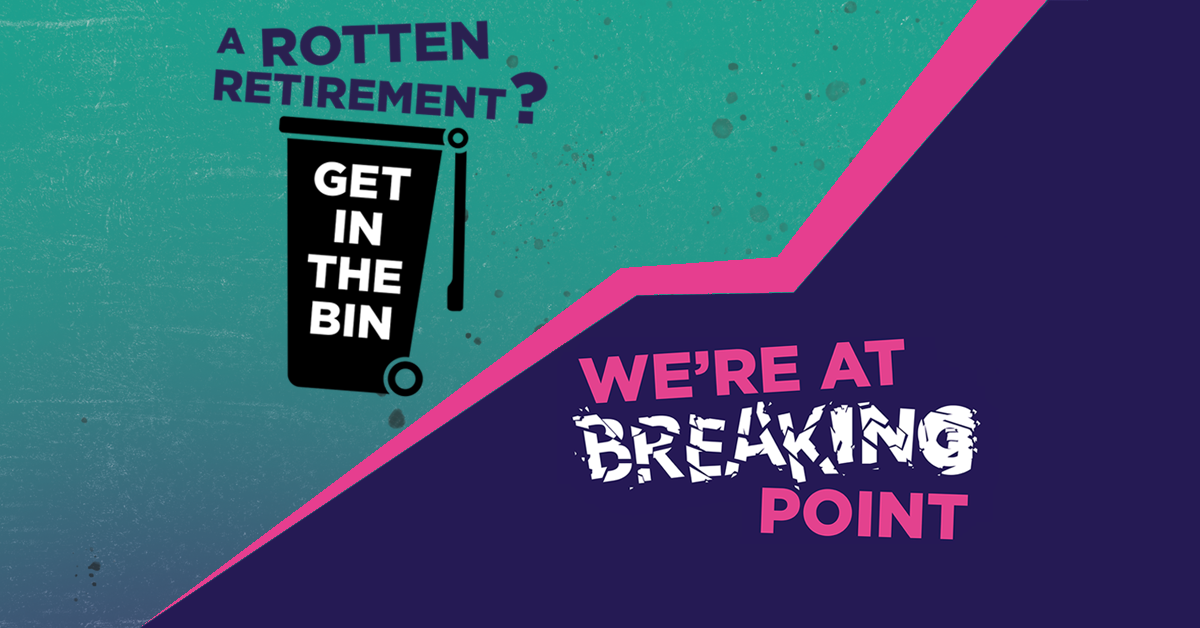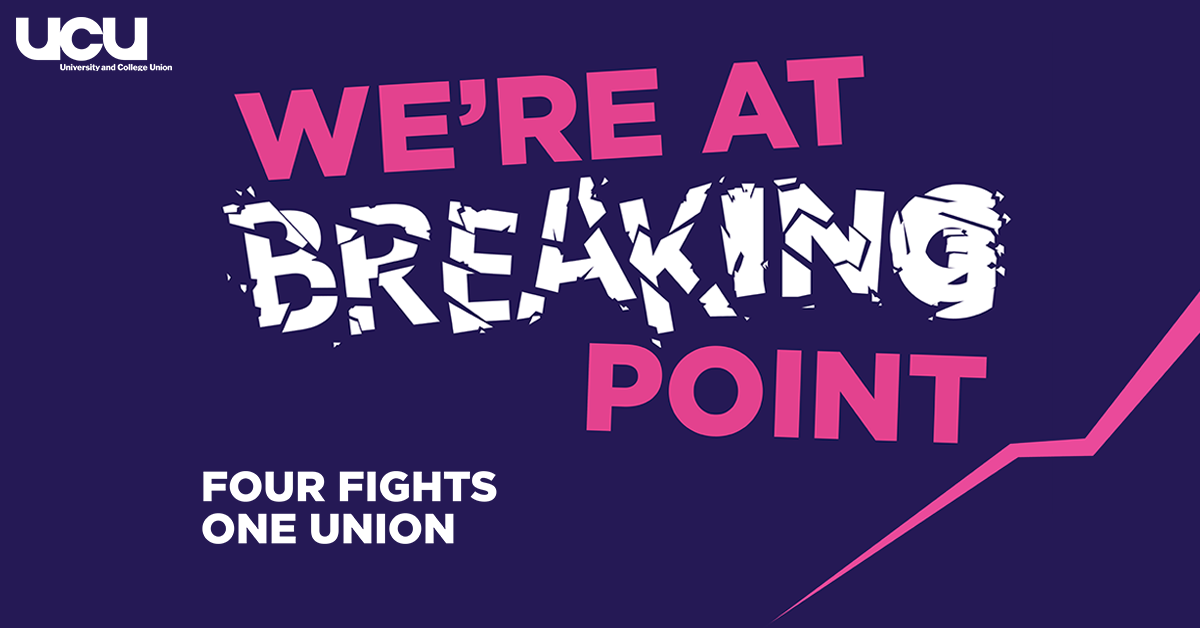
The industrial action ballots and how we can win
21 October 2021
I've been meeting with branches, talking to members and reading members' emails about our industrial action ballots in higher education. One of the most frequent questions I get asked is: what does a win look like in the disputes?
Ultimately the answer to that question will be up to you. As a member you need to have your democratic say about the union's demands and ambitions. If you are being asked to do something as serious as going on strike, you deserve to be consulted at every step.
I am pleased to announce that for the current UK-wide disputes, a process has been put in place to give members more influence than ever over the decisions we take. Here is what to prepare for once the ballot ends:
- Friday 5 November: ballot results for each branch will be published
- Monday 8 - Thursday 11 November: during this period branches will consult members as widely as possible on their views about industrial action and related matters. Ensure you attend any meeting that is called and/or engage in any other method of consultation your branch sends out
- Friday 12 November (morning): each branch will send a delegate to a branch delegates' meeting (BDM), where delegates will convey the views expressed in their branch
- Friday 12 November (afternoon): the elected members of the higher education committee (HEC) will make formal decisions about the timing and amount of industrial action and other matters, taking the views conveyed by branch delegates into account.
Look out for an email from your branch during the ballot period with more information about this process. Get ready to attend meetings and convey your views to your branch in any way you can.
In the meantime, once you have posted your vote, the best thing you can do is read more about our demands in each dispute, decide what you think about them and what our priorities should be, and be ready to participate in that conversation in your branch when the ballot results are published.
Four fights: our demands
Our full, detailed demands can be found in the claim which we submitted to employers along with other unions earlier this year. An infographic summarising key demands can be found here.
There has been a clear trend of declining investment in staff over the past decade, despite the sector's overall income increasing massively.
To win this dispute, I believe we need to reverse that trend. We need to walk away knowing that universities are going to spend more of their income on staff, not less. We need to know that the use of precarious contracts will decrease - and quickly. We need to know that workloads will get better and the pay gaps for women and Black and disabled staff will start to close rather than standing still.
USS: our demands
You can find more information about our demands in the letter which we sent to every employer before the ballots opened.
There is a short-term solution to the USS dispute and a long-term one - and we cannot say we have achieved victory in this dispute until we have both.
In the short term, we need a resolution to the 2020 valuation that avoids the severe cuts employers are imposing and presents the best possible alternative for members.
We also need a solution that provides an equally secure pension for lower paid and precariously employed staff, by addressing the fact that contributions at their current level are prohibitively high and many eligible staff are opting out of USS.
For the long term, we need to know that the absurdly pessimistic 2020 valuation of USS - which has been heavily criticised by both UCU and Universities UK's actuarial advisers and a number of other experts - will not be repeated. We need a new, revised valuation and other measures to give members more confidence in the valuation process.
What can we win? It depends on you
Ultimately, once we have made our decisions, the amount the union can win in any dispute comes down to members' collective participation. The more members threaten to withdraw their labour by voting for action - and then follow through and take action, if necessary - the stronger our negotiators' hand is.
My assessment of what we can win will always be based on the evidence of the amount of disruption members are threatening to cause, or causing, through industrial action.
That is why I keep a close eye on things like whether new members are joining the union, and how many are joining us.
That is why I make sure to check in with as many branches and visit as many picket lines as possible during a dispute.
That is why I want to see more UCU branches than ever clearing the 50% turnout threshold and getting a mandate for action.
That is why I need you to vote YES to action and action short of a strike and post your ballot papers.
We can do this, but it needs all of us.
There is a short window for this ballot so please vote as soon as you can - and no later than Tuesday 2 November.
Jo Grady
UCU general secretary
- PrintPrint this page
- Share


